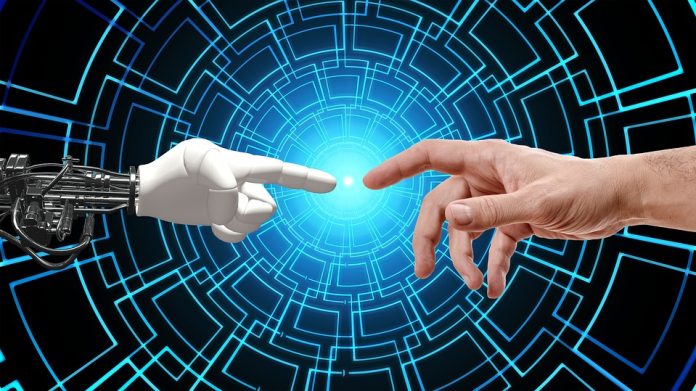Artificial intelligence (AI) is a rapidly evolving technology that has the potential to revolutionize the way we live and work. It has already demonstrated impressive capabilities in diverse fields like healthcare, finance, and transportation, but it is not without its disadvantages.
One of the most significant disadvantages of AI is that it can displace human workers. As more jobs are automated using intelligent machines, individuals who previously performed those jobs may find themselves without a source of income. For instance, Amazon’s acquisition of Whole Foods, a prominent US grocery store chain, has led to the introduction of automated checkout systems, which means that fewer cashier jobs are available in those stores.
Furthermore, there is a risk that AI systems could become too powerful, allowing them to make decisions that are outside the control of humans. The fear of a “singularity” event, where superintelligent AI systems become uncontrollable and do not act in humans’ best interests, could have devastating consequences. Elon Musk, the CEO of Tesla and SpaceX, has been vocal about his concerns about the risk of AI singularity and has even created a company, Neuralink, to develop technologies that can augment humans’ capabilities to avoid being left behind.
Another concern is that AI systems can be biased or discriminatory. Machine learning models are trained on historical data, and if that data contains biases, the algorithms can perpetuate those biases. For example, a facial recognition system developed by IBM was found to be more likely to identify the gender of white men than women with darker skin tones. Biased AI technologies could therefore perpetuate societal inequality and undermine the fairness of decision-making.
Despite these disadvantages, AI offers several unique benefits that make it an essential technology for the future. One of the most significant advantages of AI is that it allows us to process vast amounts of data quickly and accurately. This can help businesses and organizations to identify patterns and insights that would otherwise be difficult to discern. For example, healthcare providers can use AI to analyze thousands of medical records and identify potential disease risks, allowing them to develop targeted prevention strategies.
Another benefit of AI is that it can help us to automate processes, thereby increasing efficiency and productivity. For example, financial institutions can use AI-driven chatbots to manage customer inquiries, reducing the burden on human customer service representatives. This allows financial institutions to operate more efficiently, reduce costs, and provide better customer experiences.
Lastly, AI has the potential to revolutionize industries that have been slow to innovate. Self-driving cars, for example, could eliminate the need for human drivers, significantly reducing the number of accidents caused by human error. Likewise, AI-powered drones can be used for disaster relief efforts or agriculture, allowing farmers to monitor their crops remotely and optimize their yields.
In conclusion, while there are several disadvantages associated with AI, including the risk of job displacement, the fear of a singularity event, and the possibility of bias, the unique benefits of AI make it an essential technology for the future. By helping us to process vast amounts of data, automate processes, and revolutionize industries, AI has the potential to drive innovation and improve our quality of life. With that in mind, it is crucial to develop AI responsibly and ensure that we address the potential disadvantages to create a more sustainable and equitable future.

